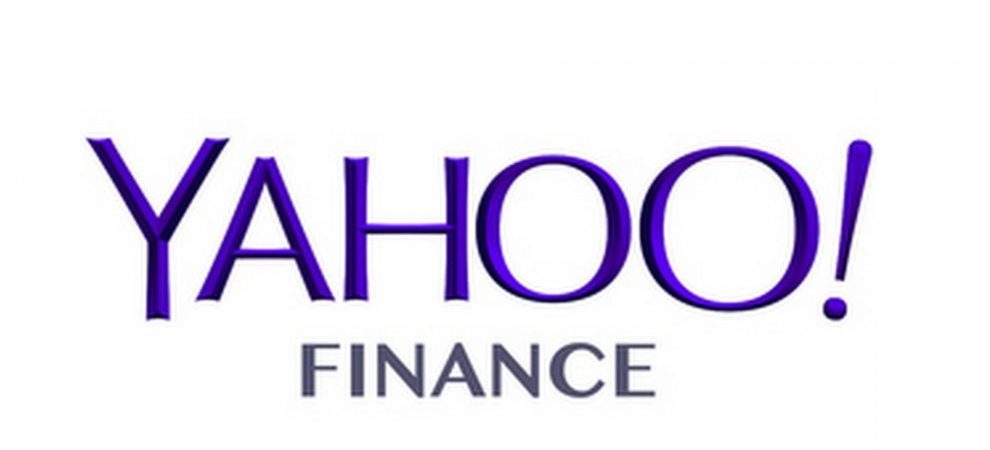Indian Prime Minister Narendra Modi has championed free trade in global forums over the years, but his record back home appears to be one of rising protectionism.
The government has increased import tariffs over the last two years to curb cheap goods from abroad and support small- and medium-sized local manufacturers. In November, Modi pulled India out of the world’s biggest regional trade deal. And earlier this month, Finance Minister Nirmala Sitharaman proposed in her budget to change rules that will allow the government to ban the import of any goods it deems harmful to domestic industries.
“Clause (f) of the section 11(2) empowers the Central Government, for prevention of injury to the economy of the country by the uncontrolled import or export of gold or silver, to prohibit their import or export. This clause is being amended to include “any other goods” (in addition to gold and silver) in its ambit.”
Sitharaman also raised import levies on medical equipment, footwear and furniture in the budget, and said the government will strengthen rules to allow for additional levies to be imposed when imports of some goods surge significantly.
“The trade measures announced in the budget are indeed somewhat worrying,” said Pravin Krishna, a professor of international economics and business at John Hopkins University in Washington. “They indicate a backslide of the liberalization process that began three decades back.”
In January 2018, Modi used a keynote speech at the World Economic Forum in Davos to lament the rising trend of protectionism, calling on fellow leaders to embrace more open trade. He’s taken steps over the years to reduce barriers to foreign investment and make it easier to do business in the country, as part of his goal to double the size of the economy to $5 trillion.
However, with the economy’s sharp downturn since last year and domestic industries under pressure, Modi’s government is strengthening barriers again. Unemployment is at a 45-year high and growth is set for its weakest performance in more than a decade in the current fiscal year.
Arvind Panagariya, a Columbia University professor and a former adviser to Modi, said the budget proposals show a “a disturbing pattern” emerging in India’s trade policy. “We have chosen to punish our consumers to protect our inefficient small producers, which will never become globally competitive,” he wrote in the Economic Times newspaper.
Read the full article here

